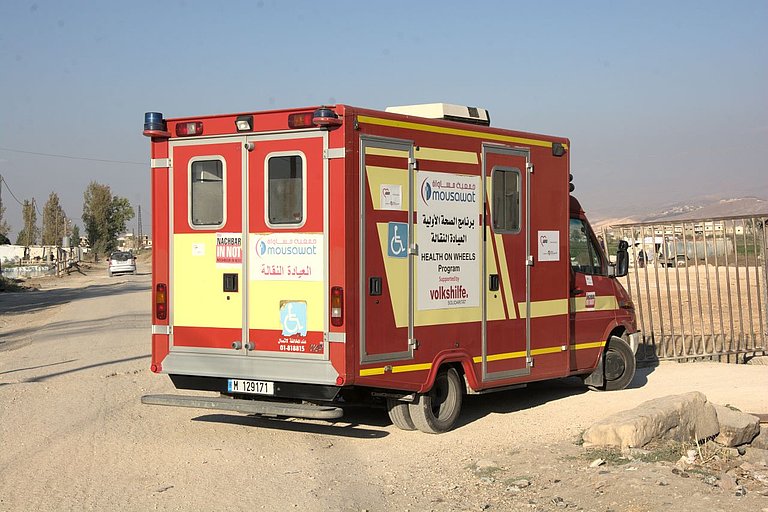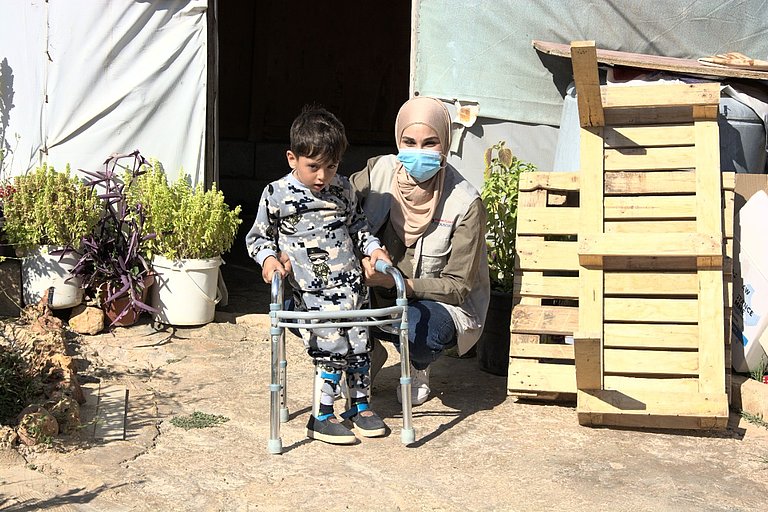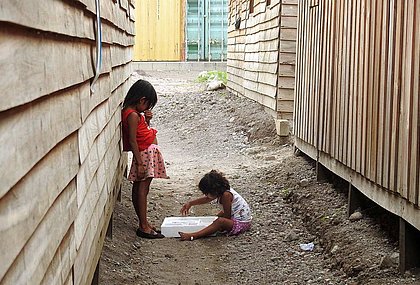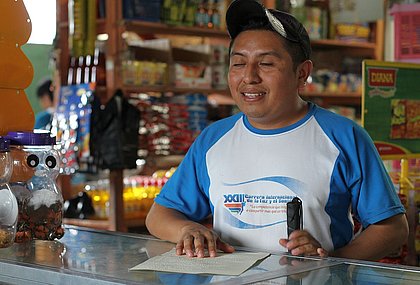Lebanon is still a fragile state after the long civil and because of the complex political situation. Especially after the explosion at the port of Beirut, which led to hyperinflation in Lebanon, living conditions have worsened for many people. They are struggling to meet their basic needs for food, medicine and energy. As a result, more than half of the people in Lebanon now live below the poverty line. In addition, the unstable situation in Syria also has an impact on the country: out of the 6.5 million refugees from Syria, about 1.5 million currently live in Lebanon. In addition, there are Palestinian refugees as well as people from Iraq, Sudan and other countries seeking refuge in the country. However, since the government does not have enough capacity to provide basic services to the refugees, this task has mainly been taken over by international NGOs. Nevertheless, many refugees are still suffering from a lack of access to health care, food, security structures and other basic necessities of life.
The situation of people with disabilities in Lebanon

People with disabilities are facing various challenges in Lebanon. They are often unable to live independently due to barriers in public spaces and therefore also have difficulties in the labour market. This applies to both refugees and the Lebanese population. In addition, this group is highly marginalised and exposed to prejudice. Inclusion has not progressed very far in many areas of life. In addition, people with disabilities often have a higher burden of disease. For refugees with disabilities, this also manifests itself during their flight: they are often inadequately equipped, especially when it comes to the provision of urgently needed medication or medical aids such as wheelchairs. This is also noticeable after fleeing their home countries, as some people cannot leave their homes without wheelchairs, for example. Good medical care is also important to keep an eye on people's health situation. According to a study on the situation of refugees with disabilities in Lebanon, it was also revealed that 50% of refugee households include at least one person with disabilities.
Since the beginning of the Covid-19 pandemic, the rights of this already marginalised group have been further restricted. As the inclusion of people with disabilities in Lebanon has not progressed as far, people with disabilities also have less access to important information regarding Covid-19. However, due to their often pre-existing health conditions, lack of prevention can have a serious impact on their health.
A mobile clinic in the east of Lebanon
Together with Volkshilfe Austria and our local partner organisation Mousawat, we support a mobile clinic in an ambulance with a family doctor, neurologist, nurse, physiotherapist and psychotherapist. They provide people with access to preventive health care, rehabilitation and care. If needed, patients also receive medical aids such as prostheses or crutches. In addition, awareness-raising measures are carried out: for example, there are self-help groups, but also educational measures on other topics such as inclusion. This way, affected families and relatives can support each other and people with disabilities are more involved in everyday life. Educational events and information regarding Covid-19 are also carried out and hygiene kits for prevention are distributed. 618 people in the Bekaa Valley are thus profiting from the medical care servicesor, the participation in the trainings and educational programmes.
Projectinfo
| Project | Health on Wheels III: Health conditions of people with disabilities (PwD) and family in Refugee Camps and from vulnerable host communities in the Bekaa Valley/ Lebanon have improved |
|---|---|
| Place/Region | Four districts in mid Bekaa Valley: Marj, Bar Elias, Baalbak, Qab Elias |
| Partner | Volkshilfe Solidarität (Austria), Mousawat (Lebanon) |
| Target group | Palestinians, Syrians and Lebanese of all ages with disabilities, including the poorest and most underprivileged; other marginalised and excluded people who cannot exercise their rights. |
| Activities |
|
| Duration | 01.04.2022-31.03.2023 |
| Budget | 106.200 (96.750 are from AWO International and Aktion Deutschland Hilft) |
| Sponsor | Aktion Deutschland Hilft, Volkshilfe Solidarität, AWO International |


